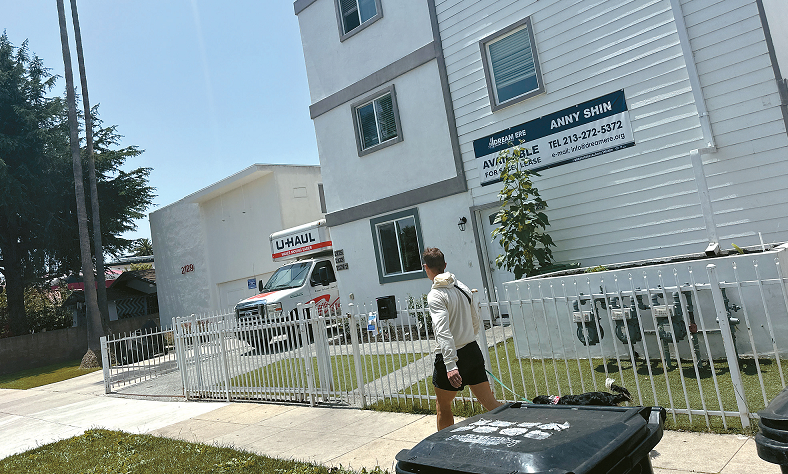The proliferation of illegal boarding and pseudo-healing facilities in Los Angeles is causing concern, with nearly 30 illegal lodging facilities busted in Los Angeles’ Council District 10 alone last year.
While the city prohibits commercial lodging in densely populated residential neighborhoods, these illegal hostel businesses are using illicit means to attract guests. These guests often cause problems for neighbors by smoking, using marijuana, drinking alcohol, and being loud.
The Korea Daily reported last month that Korean-American homeowners in the 10th District, which includes Los Angeles Koreatown, as well as in the neighboring 1st and 13th Districts, are experiencing a growing number of problems with such establishments.

These facilities range in size from two to 10 units and initially operate as hostels or transitional housing that offer only beds. When their legality is questioned, they disguise themselves as drug treatment centers to attract out-of-state visitors, the LA Times reported on May 21.
Some facilities manage to stay open by partnering with local nonprofit organizations and changing their signage to indicate they are addiction treatment centers. For example, they operate as hostels, but when faced with complaints from residents, they turn them into halfway houses for people leaving prison, or provide temporary housing for the homeless and receive support from related nonprofit organizations.
These facilities advertise nationally and charge $30 to $50 per night. They often have no supervisors on duty, leading to nightly drunken or drug-fueled parties and assaults. Some guests engage in various obscene acts and shout profanities at neighbors, leading to police interventions.
Despite their instability, these spaces are popular with people looking for work or staying in the Los Angeles area for mid- to long-term periods.
According to the district, the city has been issuing fines and warnings for illegal lodging operations, but the industry remains undeterred. Some operators claim to be supported by programs from the Los Angeles County Department of Mental Health, but most are illegal and have no connection to the county government.
Authorities advise residents to be vigilant if strangers appear in the neighborhood or if visitors with large suitcases are frequently seen nearby. They recommend contacting law enforcement to verify the legitimacy of the facility if there are problems.
BY BRIAN CHOI, HOONSIK WOO [ichoi@koreadaily.com]




